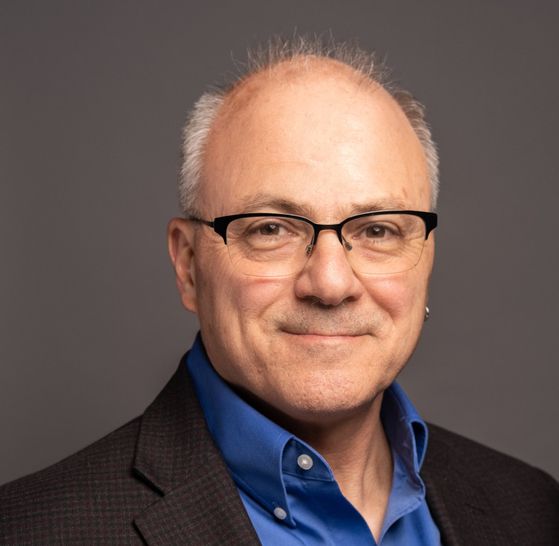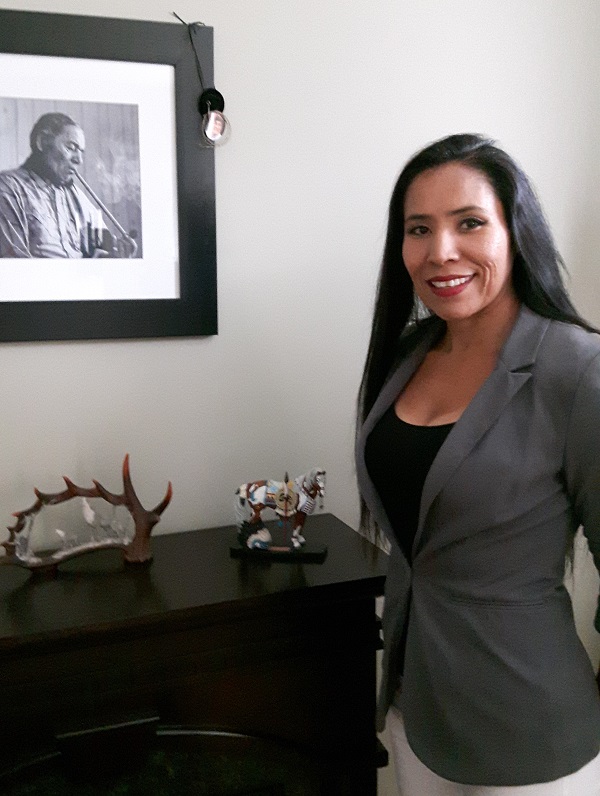Keynote Speakers

Randy Bass, PhD
Opening keynote
Architecture of the Unexpected: Imagining SoTL Beyond the Learning Paradigm
Randy Bass, PhD is Vice President for Strategic Education Initiatives and
Professor of English at Georgetown University, where he leads the Designing
the Future(s) initiative and the Red House incubator for curricular
transformation, as well as the Director of the Baker Trust for Transformational
Learning. For 13 years he was the founding Executive Director of Georgetown’s
Center for New Designs in Learning and Scholarship (CNDLS), and for seven
years, Vice Provost for Education.
He has been working at the intersections of technology, innovation and the
scholarship of teaching and learning for more than thirty years, leading or co-
leading numerous national projects, including the American Studies Crossroads
Project (1995-2005) and the Visible Knowledge Project (2000-2007).
He is the author or editor of numerous books, articles and digital projects,
including recently, in 2018 , “The Impact of Technology on the Future of Human
Learning,” in the 50 th Anniversary Special Issue of Change Magazine and in
2020, The New Learning Compact: A Framework for Professional Learning and
Educational Change (with Bret Eynon and Laura Gambino). His current work
includes co-leading an international collaboration of scholars and practitioners
on a working paper series addressing the impact of trauma and
intergenerational trauma on the pursuit of wellbeing in social change and
education.
Opening keynote presentation: We might think of the pandemic as having arrived somewhere in the middle
of a multi-decade arc of progress around what nearly 30 years ago Robert Barr and John Tagg named “the learning paradigm.”
In this context, we also might well interpret that our institutions’ ability to adapt to the pandemic crisis
was every bit as much due to our progress along this arc to a new learning paradigm—as it was the existence
of a digital infrastructure. This talk will explore how we might build on this idea, focusing on the
relationship between the learning paradigm and the ability for our institutions--and our students—to navigate the unexpected.
How might an architecture of the unexpected help us fully realize what a twenty-first century education must
be in order to navigate the uncertain and volatile decades ahead? What might be beyond the learning
paradigm that we need to let come into being if we are to refocus education on a sustainable human and planetary future?

Gabrielle Lindstrom, PhD
Closing keynote
Looking back to move forward: What can SoTL learn from Indigenous pedagogies?
Dr. Gabrielle E. Lindstrom Tsa'piinaki is a member of the Kainai Nation, Blackfoot Confederacy.
An Assistant Professor in Indigenous Studies with Mount Royal University, her teaching background includes instructing
on topics around First Nation, Métis, and Inuit history and current issues, Indigenous Studies (Canadian and International
perspectives), Indigenous cross-cultural approaches, and Indigenous research methods and ethics. Her dissertation research
focused on the interplay between trauma and resilience in the postsecondary experiences of Indigenous adult learners.
Other research interests include meaningful assessment in higher education, Indigenous homelessness, intercultural
parallels in teaching and learning research, Indigenous lived experience of resilience, Indigenous community-based
research, parenting assessment tools reform in child welfare, anti-colonial theory, and anti-racist pedagogy.
Closing keynote presentation: Every scholar, researcher or instructor has distinct motivations for undertaking a SoTL
project. Whatever the reason, we are often motivated by one overarching desire: to create an enriching learning experience
for our students. Perhaps we are implicitly driven by what Carolin Kreber (2013) describes as a compassionate lens which
compels us to create learning experiences that are improvements over what we may have had. In effect, we often look back to
our experiences as a way to move forward. We learn from our past mistakes in order to envision and embody ways that we might
do better! We are engaged in a deep relationship with knowledge - with our own knowledge and that of our students. These
characteristics of SoTL hold parallels with Indigenous pedagogies, ways of knowing and the embodiment of knowing. While SoTL
has often been approached and/or understood in the context of solving a teaching problem (Bass, 1998), this keynote brings
possibilities to the fore through an Indigenous lens that sees knowledge generation as a site of continuous transformation.
Through a critical discussion of key principles of Indigenous pedagogy, which has sustained Indigenous peoples for millennia,
we might construct a praxis-based vision of SoTL that centers equity and relational accountability.